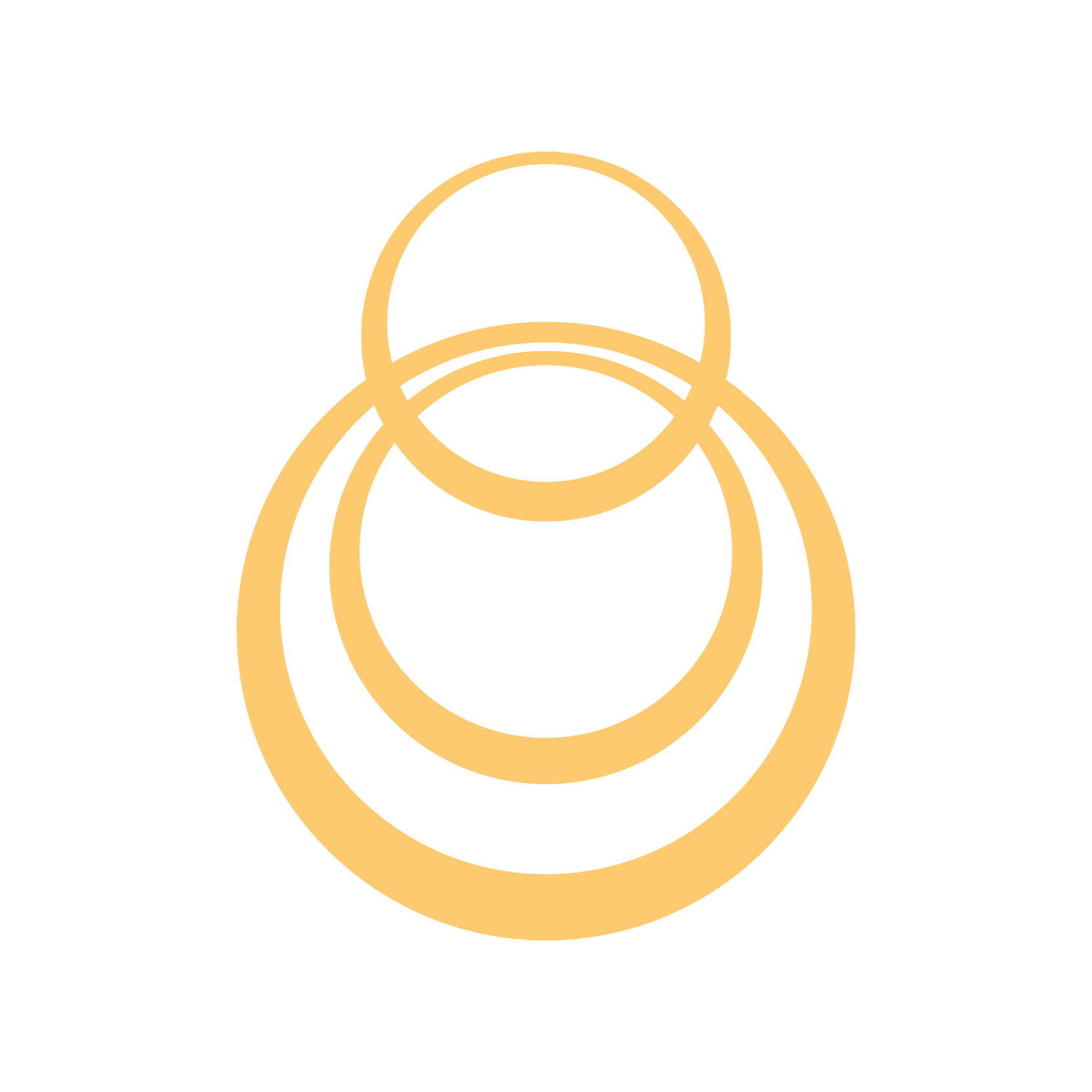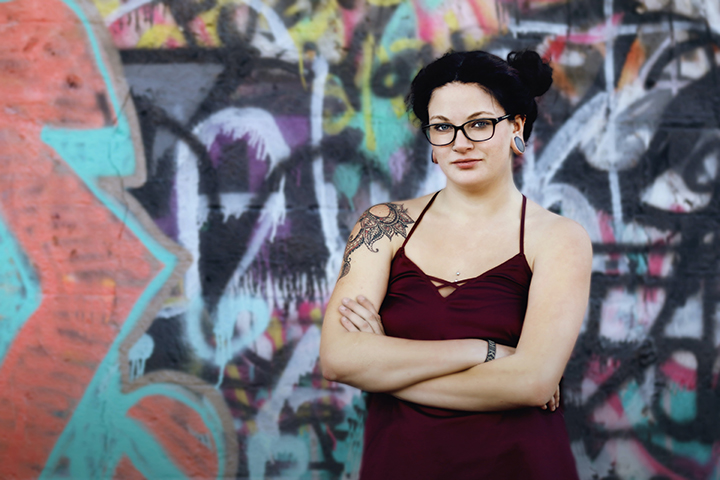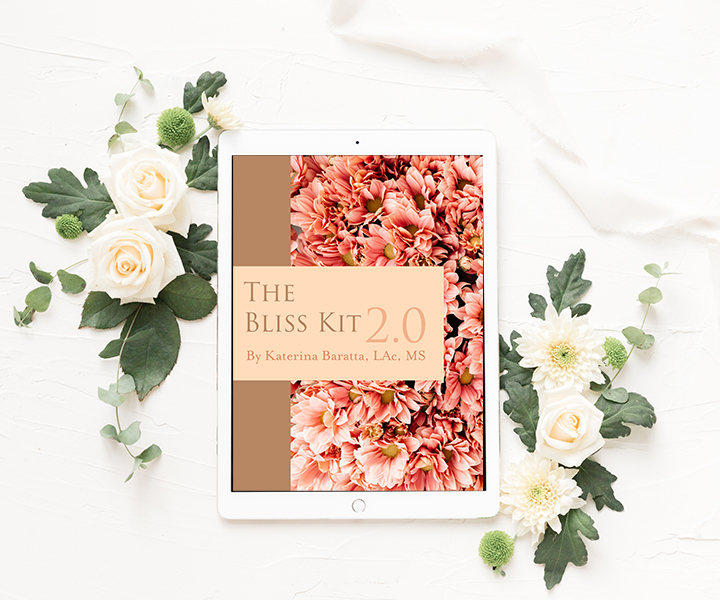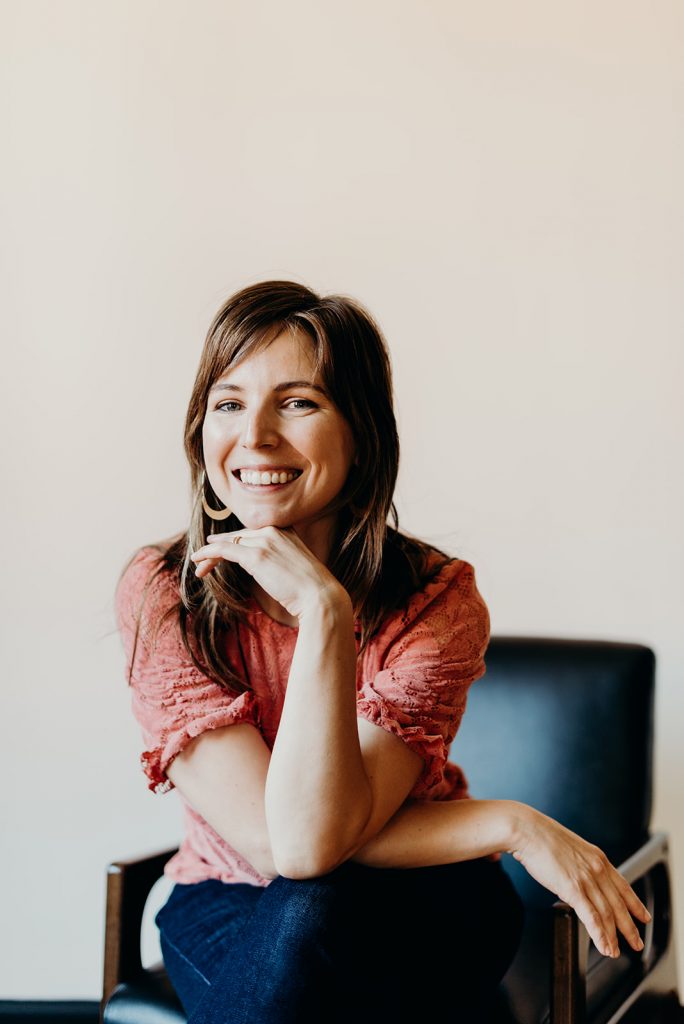Judgement vs. Discernment
Is judgment necessary?
Many people on the self-development path struggle with this.
How can we live without judgment, it is often asked, in a world that is filled with so much pain and suffering?
If we let go of judgement, won’t we become completely ineffective?
Won’t an attitude of non-judgment turn us into complacent dunces, happy fools on the sidelines of society?
Isn’t judgement part of our human responsibility? How can the world be made right if we don’t judge that which we believe is wrong?
I was recently listening to an episode of the 10 Percent Happier Podcast, in which mindfulness and meditation teacher La Sarmiento explores the topic of judgement. What I found particularly striking about this interview was the distinction they make between discernment and judgement.
Judgment is focused outward.
It exists to give us the illusion of control over things that we really have no control over.
The categorizations inherent in judgement are entirely delusional, they are figments of the imagination. The mind literally makes them up.
Why? Because if the mind didn’t simplify reality, you would be completely overwhelmed by detail and unable to function.
The mind needs to create categories like “good” and “bad”, “wanted” and “unwanted”, “right” and “wrong” in order to orient your actions on the physical plane. But this divisiveness also comes with an unfortunate consequence: The tendency impose firm conclusions on reality, limiting your perception and blocking your ability to access a deeper truth.
In her book, Real Life, Sharon Salzburg says:
“Delusion has the characteristic of not knowing what is going on. Its function is to conceal the true nature of things…One limiting constraint of being lost in delusion is that we end up relying on someone else’s vision of what is true, rather than our own direct perception.”
When we judge, we are desperately grasping at opinions as though they were truth.
We cling to thoughts—our own and those we’ve collected from others, both of which are entirely based on past experience— in hopes that they will help us make sense of the unfathomable, ungraspable, infinite whole that is life at this moment.
The fundamental quality of life is movement.
Judgement is constricting and therefore painful. Judgement stops life’s flow.
It causes us to hold on tightly to the way the mind says things “should” be, instead of allowing things to be what they are. It might feel good temporarily—there is an undeniable satisfaction in self-righteousness and schadenfreude—but every time we create a categorization we simultaneously create its opposite.
The Dao De Jing says:
“Everybody on earth knowing
That beauty is beautiful
Makes ugliness.Everybody knowing
That goodness is good
Makes wickedness.Hard and easy
complete each other;
Long and short
Shape each other;
High and low
Depend on each other;
Note and voice
Make music together;
Before and after
Follow each other.”
-From Ursula K. Le Guin’s translation.
When you create an inflated self-image by judging another, you are simultaneously creating an inferior self-image that will arise in your consciousness down the line.
You are setting the stage for self-judgement, which is painful. You are also creating a chasm between yourself and the other, which is also painful.
Why is it painful? Because it is not entirely true, but you are clinging to it as though it were the whole Truth.
Discernment, on the other hand, is focused inward.
It arises from wholeness and ensures integrity. Discernment is open, allowing space for all the messy nuances. Because of this openness, it allows you to follow your path without blocking someone else’s.
Discernment does not feel threatened, fearful, malicious, superior or inferior, as judgement does. It is focused in the fullness of the present moment, rather than focusing on restricted and limited beliefs. Discernment is responsive rather than reactive, it is spontaneous rather than conditioned.
Discernment says, “This is where I stand right now, this is what feels aligned to me right now, and this is what doesn’t.”
Discernment doesn’t cling. It allows for adjustments to be made as circumstances change.
The Truth is that life happens the way life happens whether we judge it or not.
It does not bend to our will. And there is always much, much more going on than we have access to through the limited perception of the mind.
This is perfectly illustrated in the story of the farmer and the horse.
There was a poor farmer whose only horse ran away one day. When the neighbors saw this, they said, “Such bad luck!” And the farmer replied, “maybe.”
The next day the horse returned along with 2 more wild horses. “What great fortune!” The neighbors exclaimed. The farmer shrugged, “maybe.”
The following day, the farmer’s son was trying to tame one of the horses, fell off and broke his leg. “How horrible!” The neighbors whispered to each other, but all the farmer said was, “maybe.”
Soon afterward, with the son’s leg still in a cast, military officials came to draft all able-bodied young men into the army. Because he was unable to walk, the farmer’s son was allowed to stay home.
“What an auspicious turn of events!” Said the neighbors.
“Maybe,” said the farmer.
We don’t judge a lion for killing a zebra. We don’t judge a tree for dropping its leaves.
We assume humans should know “better,” but ask anybody why they think and do the things they think and do, and you will find a collection of experiences and beliefs as vivid and valid to them as yours are to you.
So is judgement necessary to bring about a better world?
No. Judgement only serves to strengthen the very divisiveness that is inspiring you to judge in the first place.
Discernment, on the other hand, allows you to do what is right for you without attachment to the outcome.
You can still take action and you can still express yourself, but recognize the role you play as one small movement in the much larger dance that is life.
By embracing and allowing what Is, to Be, you also allow yourself to be free.





